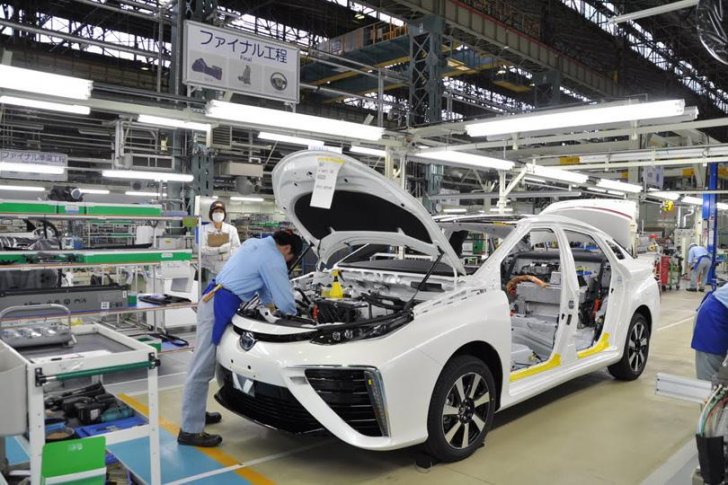German auto industry groups are seeking to pressure the European Commission to delay the application of some European-British trade deal rules within the Brexit agreement until it is reconsidered.
The group Lobby for Automakers VDA unveiled the need for « urgent adjustments » to the Brexit Agreement because the European electric vehicle battery industry had not developed sufficiently and that charging « would mean a significant decline in the competitiveness of the European automotive industry vis-à-vis its Asian counterparts in the British market ».
The announcement comes a day after Steelants threatened to close its factories in the UK if trade agreements are no longer negotiated post-Brexit, and the manufacturer of Vauxhall and Peugeot said it would not be able to meet local content requirements under existing rules in the agreement due to high raw material prices and lack of battery supplies in the UK.
The application of the rules of origin to British exports to Europe begins next year. At least 45% of the industry’s local content will rise to 55% by 2027, and electric batteries represent more than half the value of an electric vehicle. Electric vehicles manufactured in Britain that are exported to European countries will therefore be subject to a 10% tariff.
The « country of origin » rule is one of the clauses in the « Brexit » agreement that, from the point of view of many in the UK, needs to be amended, and this is what prompts Britain’s bipartisan politicians, except the heavily anti-European ruling Conservative Party, to call for renegotiation with Europe of the agreement.
Stillantis employs about 5,000 people in the UK, including about 200 in its port factories. Ellesmere and Lyoton produce Vauxhall, Citroen, Peugeot and « Fiat » and « Jeep » are medium-sized, and if the company makes its threat, Britain will lose those jobs and lay off thousands of auto industry workers, as well as lose any revenues and profits from auto exports, with Britain exporting up to 80 percent of its electric vehicle production and most of those exports going to European countries.
In a note to the UK Trade and Affairs Committee, Stillants said: ‘If the cost of EV production in the UK becomes uncompetitive and unsustainable, it will close its operations, and the UK will have to reconsider its trade arrangements with Europe. » In its note to British MPs, the company added: « Manufacturers will not continue to invest and will move their businesses out of Britain. The closure of factories will mean layoffs, job losses, loss of skilled labor, and a negative impact on the British economy. «
The UK is already facing difficulties in attracting investment to its automotive industry in the aftermath of Brexit, especially as efforts to create the battery supply chain have been largely hampered, as a company deteriorates « British Volt » is a domestic automotive battery manufacturer and bankrupt, and most of the world’s electric vehicle industry depends on importing batteries from China, even a company Ford has closed its factory in Bridge End and Mini will transfer its production of electric vehicles from Britain to China.


